目录
- 1.什么是注解
- 元注解
- @Target
- @Retention
- @Repeatable
- @Inherited
- 2.代码工程
- 实验目的
- pom.XML
- controller
- custom annotation
- 代码仓库
- 3.测试
1.什么是注解
注解(Annotation),也叫元数据。一种代码级别的说明。它是JDK1.5及以后版本引入的一个特性,与类、接口、枚举是在同一个层次。它可以声明在包、类、字段、方法、局部变量、方法参数等的前面,用来对这些元素进行说明,注释。
元注解
有一些注解可以修饰其他注解,这些注解就称为元注解(meta annotation)。Java标准库已经定义了一些元注解,我们只需要使用元注解,通常不需要自己去ouOLzJn编写元注解。
@Target
最常用的元注解是@Target。使用@Target可以定义Annotation能够被应用于源码的哪些位置:
- 类或接口:
ElementType.TYPE; - 字段:
ElementType.FIELD; - 方法:
ElementType.METHOD; - 构造方法:
ElementType.CONSTRUCTOR; - 方法参数:
ElementType.PARAMETER。
例如,定义注解@Report可用在方法上,我们必须添加一个@Target(ElementType.METHOD):
@Target(ElementType.METHOD)
public @interface Report {
int type() default 0;
String level() default "info";
String value() default "";
}
定义注解@Report可用在方法或字段上,可以把@Target注解参数变为数组{ ElementType.METHOD, ElementType.FIELD }:
@Target({
ElementType.METHOD,
ElementType.FIELD
})
public @intphperface Report {
...
}
实际上@Target定义的value是ElementType[]数组,只有一个元素时,可以省略数组的写法。
@Retention
另一个重要的元注解@Retention定义了Annotation的生命周期:
- 仅编译期:
RetentionPolicy.SOURCE; - 仅class文件:
RetentionPolicy.CLASS; - 运行期:
RetentionPolicy.RUNTIME。
如果@Retention不存在,则该Annotation默认为CLASS。因为通常我们自定义的Annotation都是RUNTIME,所以,务必要加上@Retention(RetentionPolicy.RUNTIME)这个元注解:
@Retention(RetentionPolicy.RUNTIME)
public @interface Report {
int type() default 0;
String level() default "info";
String value() default "";
}
@Repeatable
使用@Repeatable这个元注解可以定义Annotation是否可重复。这个注解应用不是特别广泛。
@Repeatable(Reports.class)
@Target(ElementType.TYPE)
public @interface Report {
int type() default 0;
String level() default "info";
String value() default "";
}
@Target(ElementType.TYPE)
public @interface Reports {
Report[] value();
}
经过@Repeatable修饰后,在某个类型声明处,就可以添加多个@Report注解:
@Report(type=1, level="debug")
@Report(type=2, level="warning")
public class Hello {
}
@Inherited
使用@Inherited定义子类是否可继承父类定义的Annotation。@Inherited仅针对@Target(ElementType.TYPE)类型的annotation有效,并且仅针对class的继承,对interface的继承无效:
@Inherited
@Target(ElementType.TYPE)
public @interface Report {
int type() default 0;
String level() default "info";
String value() default "";
}
在使用的时候,如果一个类用到了@Report:
@Report(type=1)
public class Person {
}
则它的子类默认也定义了该注解:
public class Student extends Person {
}
2.代码工程
实验目的
实现统计方法执行时间的注解
pom.xml
<?xml version="1.0" encoding="UTF-8"?>
<project xmlns="http://maven.apache.org/POM/4.0.0"
xmlns:xsi="http://www.w3.org/2001/XMLSchema-instance"
xsi:schemaLocation="http://maven.apache.org/POM/4.0.0 http://maven.apache.org/xsd/maven-4.0.0.xsd">
<parent>
<artifactId>springboot-demo</artifactId>
<groupId>com.et</groupId>
<version>1.0-SNAPSHOT</version>
</parent>
<modelVersion>4.0.0</modelVersion>
<artifactId>annotations</artifactId>
<properties>
<maven.compiler.source>8</maven.compiler.source>
<maven.compiler.target>8</maven.compiler.target>
</properties>
<dependencies>
<dependency>
<groupId>org.springframework.boot</groupId>
<artifactId>spring-boot-starter-web</artifactId>
</dependency>
<dependency>
<groupId>org.springframework.boot</groupId>
php <artifactId>spring-boot-autoconfigure</artifactId>
</dependency>
<dependency>
<groupId>org.springframework.boot</groupId>
<artifactId>spring-boot-starter-test</artifactId>
<scope>test<编程客栈/scope>
</dependency>
<dependency>
<groupId>org.projectlombok</groupId>
<artifactId>lombok</artifactId>
</dependency>
<dependency>
<groupId>org.ASPectj</groupId>
<artifactId>aspectjweaver</artifactId>
</dependency>
<dependency>
<groupId>org.assertj</groupId>
<artifactId>assertj-core</artifactId>
</dependency>
<dependency>
<groupId>org.aspectj</groupId>
<artifactId>aspectjrt</artifactId>
</dependency>
<!-- fastjson -->
<dependency>
<groupId>com.alibaba</groupId>
<artifactId>fastjson</artifactId>
<version>1.2.21</version>
</dependency>
</dependencies>
</project>
controller
使用自定义注解@RequestTime
package com.et.annotation.controller;
import com.et.annotation.RequestTime;
import org.springframework.web.bind.annotation.RequestMapping;
import org.springframework.web.bind.annotation.RestController;
import java.util.HashMap;
import java.util.Map;
@RestController
public class HelloWorldController {
@RequestMapping("/hello")
@RequestTime
public Map<String, Object> showHelloWorld(){
Map<String, Object> map = new HashMap<>();
map.put("msg", "HelloWorld");
return map;
}
}
custom annotaphption
自定义@RequestTime注解
package com.et.annotation;
import java.lang.annotation.*;
/**
* computa the excute time for the method
*/
@Target({ElementType.METHOD})
@Retention(RetentionPolicy.RUNTIME)
@Inherited
public @interface RequestTime {
}
具体的拦截逻辑类
package com.et.annotation;
import com.et.annotation.util.AspectUtil;
import lombok.extern.slf4j.Slf4j;
import org.aspectj.lang.ProceedingJoinPoint;
import org.aspectj.lang.annotation.Around;
import org.aspectj.lang.annotation.Aspect;
import org.aspectj.lang.annotation.Pointcut;
import org.springframework.stereotype.Component;
import java.lang.reflect.Method;
@Slf4j
@Aspect
@Component
public class RequestTimeAspect {
@Pointcut(value = "@annotation(com.et.annotation.RequestTime)")
public void pointcut() {
}
@Around("pointcut()")
public Object handle(ProceedingJoinPoint point) throws Throwable {
Method currentMethod = AspectUtil.getMethod(point);
long starttime = System.currentTimeMillis();
Object result = point.proceed();
long endtime = System.currentTimeMillis();
long requesttime =endtime-starttime;
//if(requesttime>1000){
log.info(AspectUtil.getClassName(point)+"."+currentMethod.getName()+"execute time:"+requesttime+" ms");
//}
return result;
}
}
以上只是一些关键代码,所有代码请参见下面代码仓库
代码仓库
- https://github.com/Harries/springboot-demo(annotations)
3.测试
启动Spring Boot应用程序
访问http://127.0.0.1:8088/hello
控制台输出 日志
2024-08-10 19:30:43.670 INFO 3343 --- [nio-8088-exec-1] com.et.annotation.RequestTimeAspect : com_et_annotation_controller_HelloWorldController.showHelloWorldexecute time:41 ms
以上就是详解SpringBoot如何自定义注解的详细内容,更多关于SpringBoot自定义注解的资料请关注编程客栈(www.devze.com)其它相关文章!
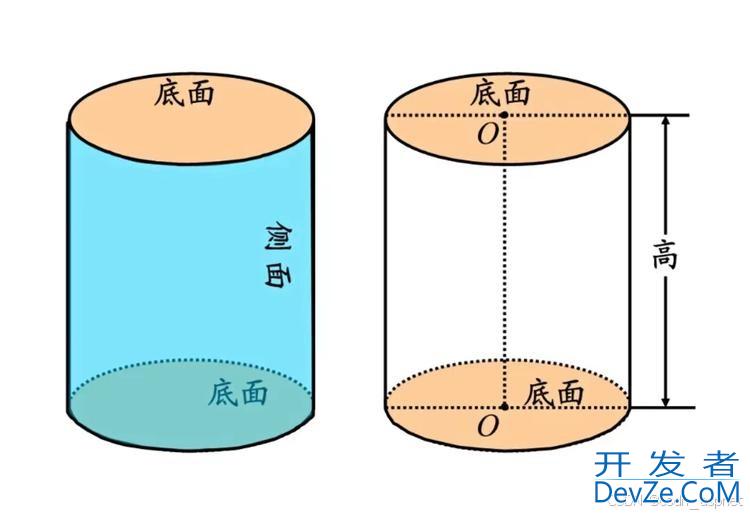
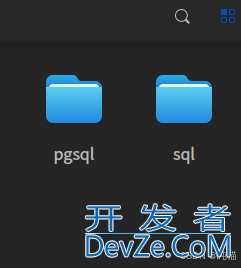
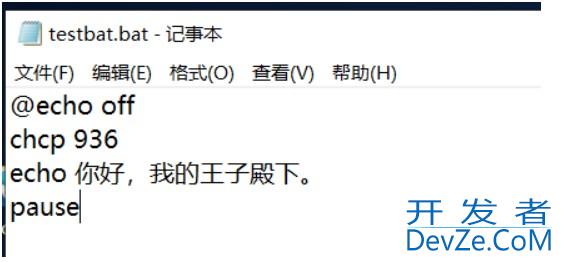
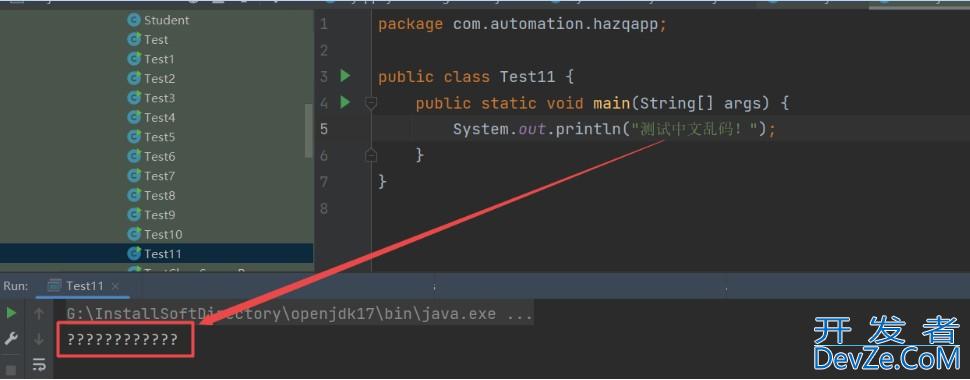
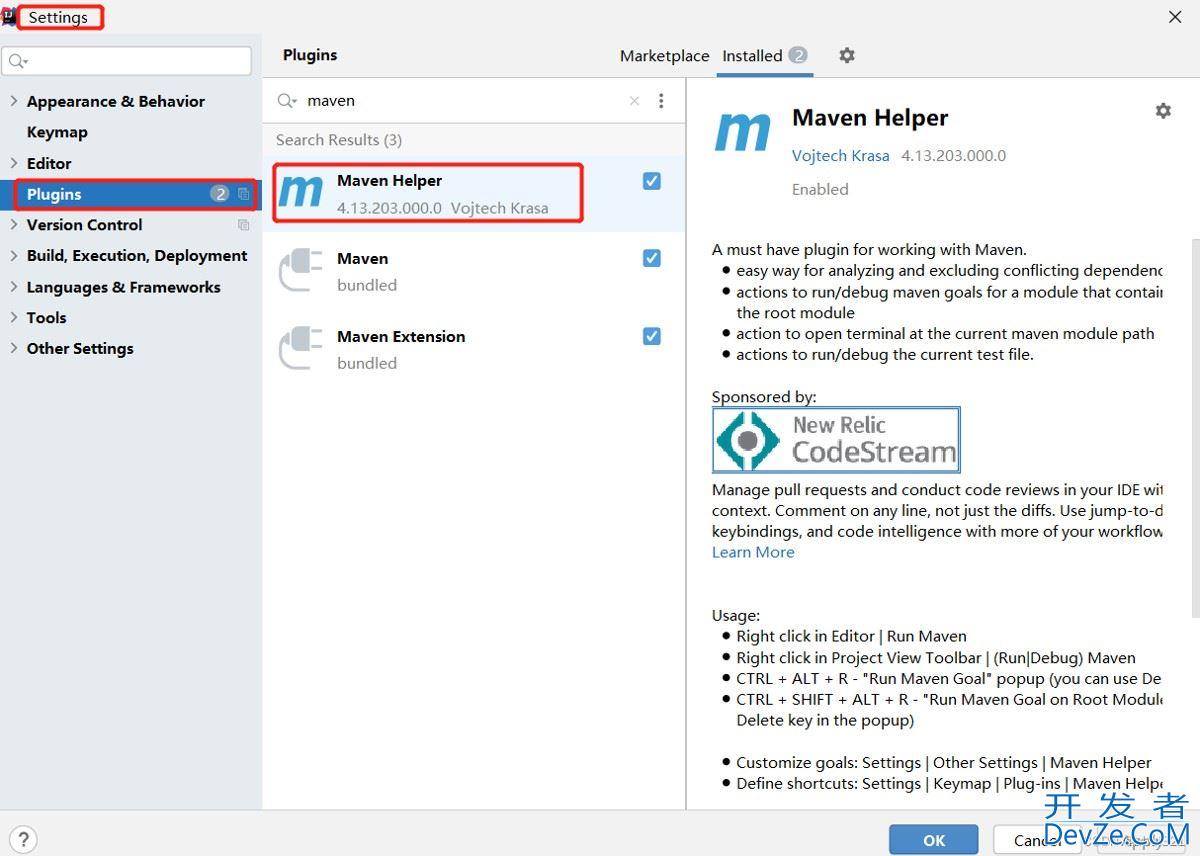
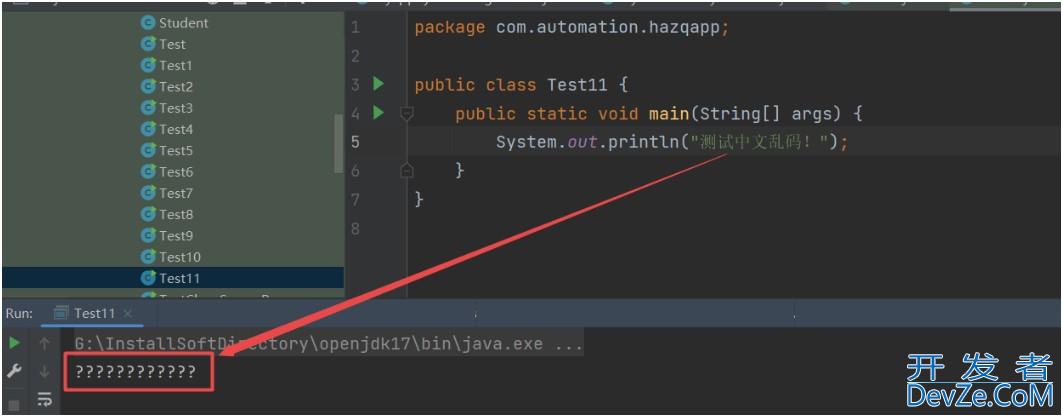
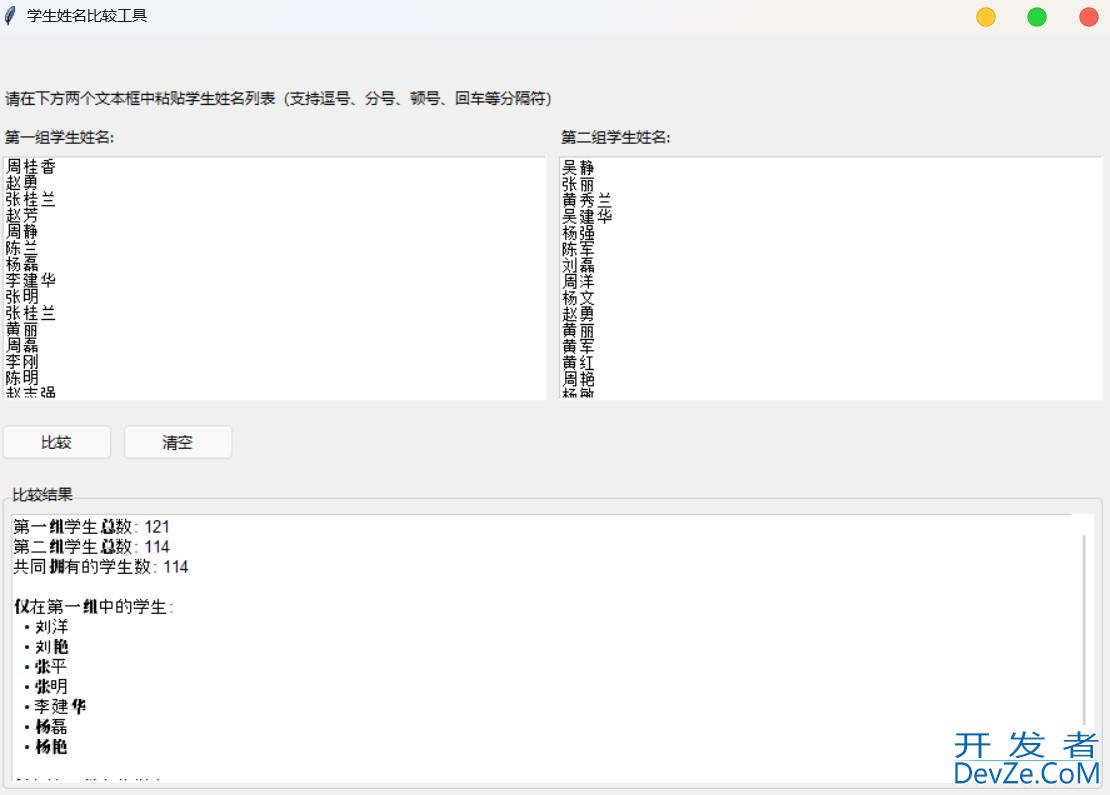
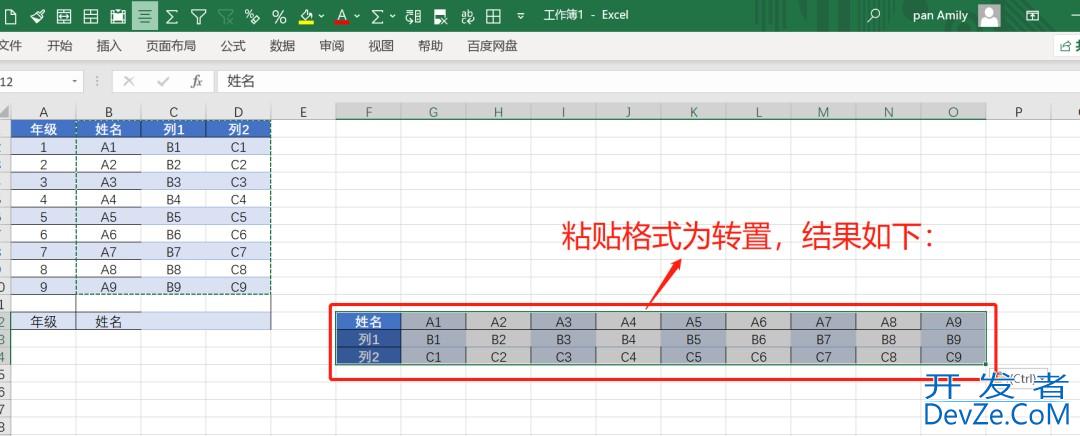
 加载中,请稍侯......
加载中,请稍侯......
精彩评论